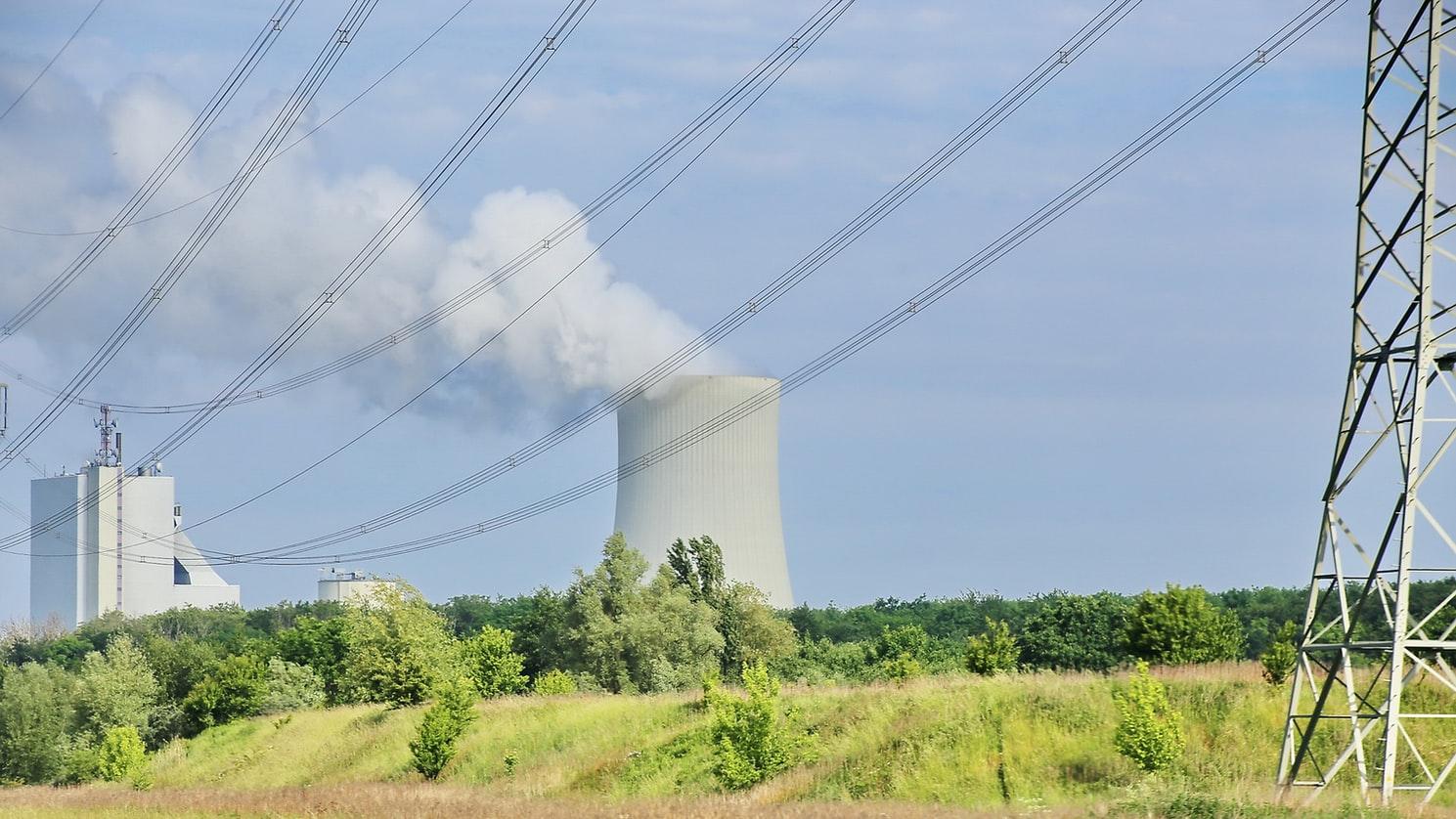Business Energy Broker
On Monday 6th September 2021 the National Grid ESO fired up the UK’s second to last coal power plant to meet electricity demand.
The national grid has been faced with increasing gas prices week on week which has meant that reliance on the commodity is becoming more expensive and less economical. There has also been a lack of generation from wind farms as they fall short of generating sufficient output due to still weather. Combined, these factors have forced the decision on the ESO to provide enough electricity to meet demand while keeping costs down for consumers via the use of coal.
EDF was requested by the ESO to fire up their West Burton A plan which is set to close in 2022 and has been on standby for such occasions. As a result of the fire up, coal had a large increase in the share of the energy mix, jumping to 3% as confirmed by the ESO. To compare, last year coal made a total 1.6% contribution to the energy mix.
National Grid Live Status: https://grid.iamkate.com/
A National Grid ESO spokesman said:
“In balancing the electricity system, we take actions in economical order and not on the basis of generation type,”
“Depending on system conditions, some power sources may be better at meeting a balancing requirement than others – so the most cost-effective solution to ensure safe, secure system operation will be sought.”
The National Grid ESO has stated that there was a three day period where coal did not contribute to generation in August; however, we have relied on a proportion of coal thereon due to increasing gas prices. While coal is used where it is more economically viable, the Nation Grid ESO and UK Government are still committed to removing coal from the energy mix by 2024.
Dave Jones, an Ember electricity analyst, said:
“We’re going through a process where year-on-year you’re relying on coal less and less. As long as you know you can make it to that fixed date, which is still three years away, it’s OK. We’re well on track for that journey, probably ahead of schedule.”
As seen on Utility SwopShop Insights, gas has been a key driver to increasing costs with shortages across Europe limiting the supply and increasing demand. We are also still experiencing the effects of COVID-19 and global lockdown restrictions as economies recover and demand builds quicker than expected.
This is a significant event for the national grid and it has highlighted the impact that the global cost of gas has on our energy systems. Renewable sources such as wind have not been able to provide energy security due to weather conditions which force us to rely on secure and economic alternatives such as coal. With winter approaching the increasing cost of gas will fall onto the consumers without a secure source.
The Nuclear Industry Association has put forward that the use of coal to meet demand in the UK has highlighted the importance to invest in modern nuclear plants which can produce instant, low-carbon, secure energy for the grid. Otherwise, we will fail to meet our net-zero targets and slowly increase coal consumption alongside gas increases.

More information is available by speaking to Jason Thackray on 0333 9000 246 or email :
jason.thackray@utilityswopshop.co.uk